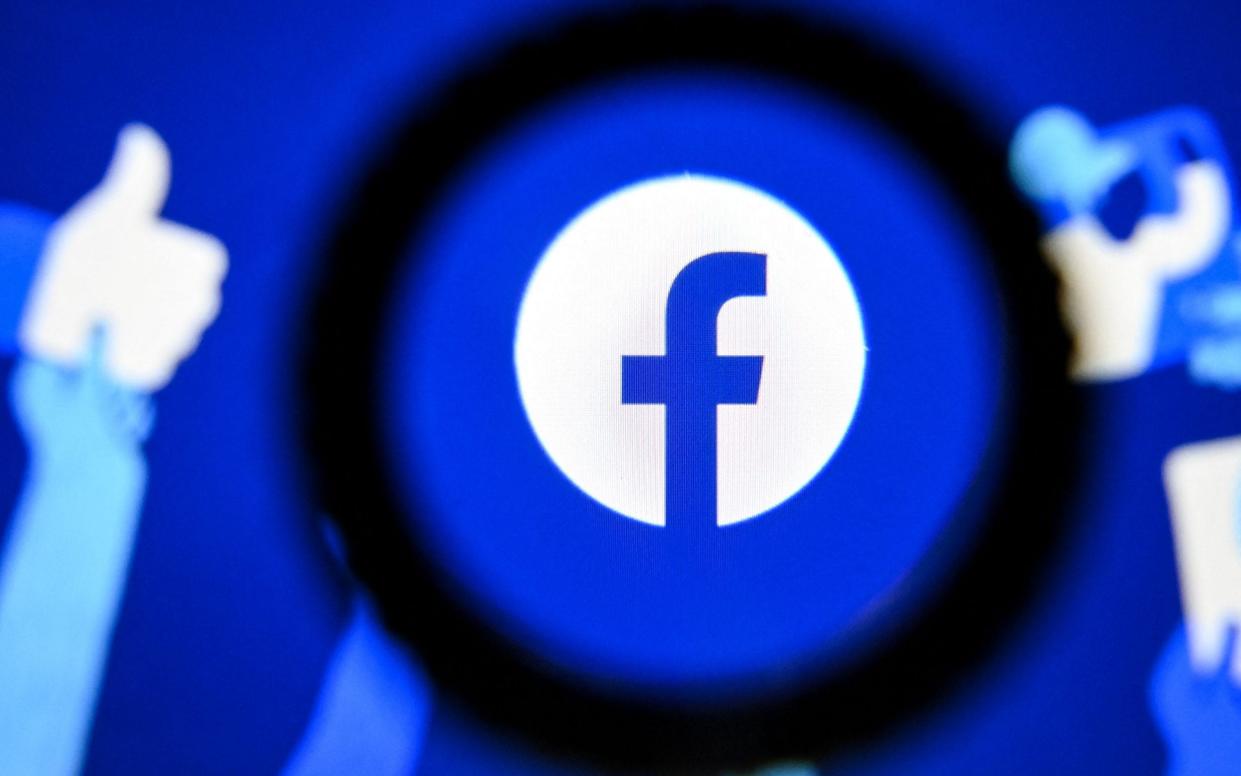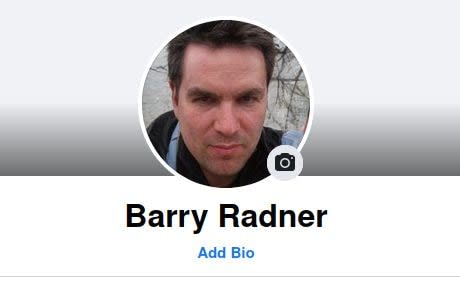Facebook and Instagram ‘promote online violence against women’

Facebook and Instagram promote online violence against women, an investigation has found.
Despite insisting that they are trying to find and remove abuse on their platforms “more quickly”, a BBC Panorama investigation revealed that the social media giants continue to promote content hostile to women.
A total of 97 per cent of accounts that sent misogynistic abuse on Facebook, Twitter and Instagram remained on the site after being reported, according to new research for Panorama.
The research, conducted by the Centre for Countering Digital Hate, contradicts the pledges these platforms have made to target and take action against online abuse.
Twitter and Instagram said that they take action when their rules are violated, but added that shutting down the accounts is not the only option available to them.
To test the claims made by the social media platforms, Panorama set up a fake profile on Facebook and Instagram purporting to belong to a man with some signs of hostility to women on his profile.
The troll, which used a profile picture generated using artificial intelligence, engaged with content promoted to the account by the platforms, but did not send out any hate.

After seven days, the top recommended pages to follow on both sites were almost all hostile to women seven days. By the end of the experiment, which lasted two weeks, the profile was pushed significantly more anti-women content than it was to begin with, including content that involved sexual violence.
Chloe Colliver, the head of digital policy at the Institute for Strategic Dialogue, who advised Panorama on the fake profile experiment said: “The platforms themselves sent the majority of this content themselves and selected it, curated it and targeted it.
“So if this profile were a real person, it would have been brought into a hateful community full of misogynistic content very, very quickly within two weeks.”
Facebook, which also owns Instagram, said it tries not to recommend content that breaks its rules and is improving its technology “to find and remove abuse more quickly”.
The social media giant has also recently announced new measures to tackle sexualised hate targeting journalists, politicians and celebrities.
‘Women should feel safe everywhere’
Cindy Southworth, the head of women’s safety at Facebook, said: “Women should feel safe everywhere, no matter what space they’re in. We don’t allow gender-based hate, misogynistic attacks or any threat of sexual violence on Facebook or Instagram, and just last week we announced stronger protections for female public figures, journalists and activists.
“We’ve also built tools to help prevent women from having to deal with abuse in the first place, like the ability to turn off messages from anyone you don’t know, and filter abusive messages so you never have to see them.
“There will always be people who try to abuse others, but we’ll continue working with women’s safety groups to understand the different ways hate against women can show up, while improving our technology to find and remove abuse more quickly.”

